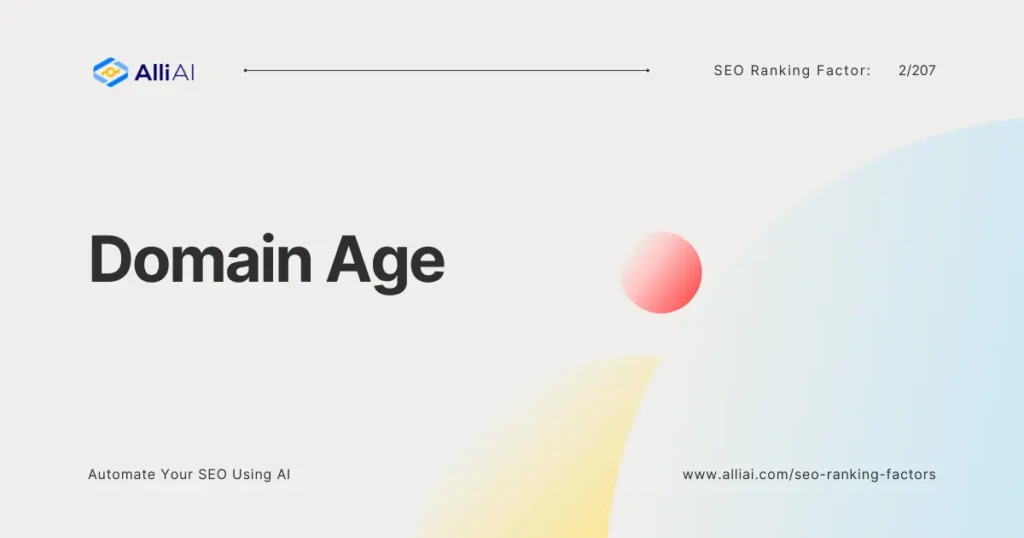
5 Powerful Ways Domain Age Impacts Your Google Rankings
Table of Contents
1. Introduction to Domain Age

When it comes to SEO, domain age is a silent yet powerful signal. Many website owners focus on keywords and backlinks, but often overlook the fact that the age of a domain can also impact their ranking. In this blog, you’ll learn what site age is, why it matters, how to check it, and how to make it work for you in 2025—even if your domain is brand new.
2. What Is Domain Age?
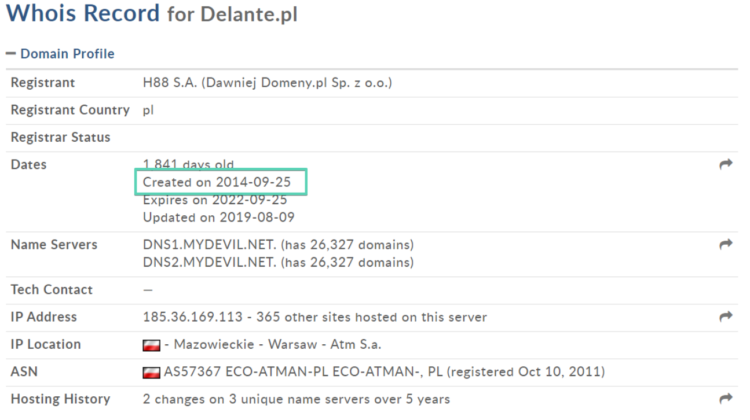
Domain age refers to the amount of time a domain name has been registered since its initial registration. It doesn’t matter if the website was active or not—the registration date is what counts. A domain that has existed for 10 years is considered older (or aged), while a newly registered one is still fresh.
3. Why Is Domain Age Important for SEO?
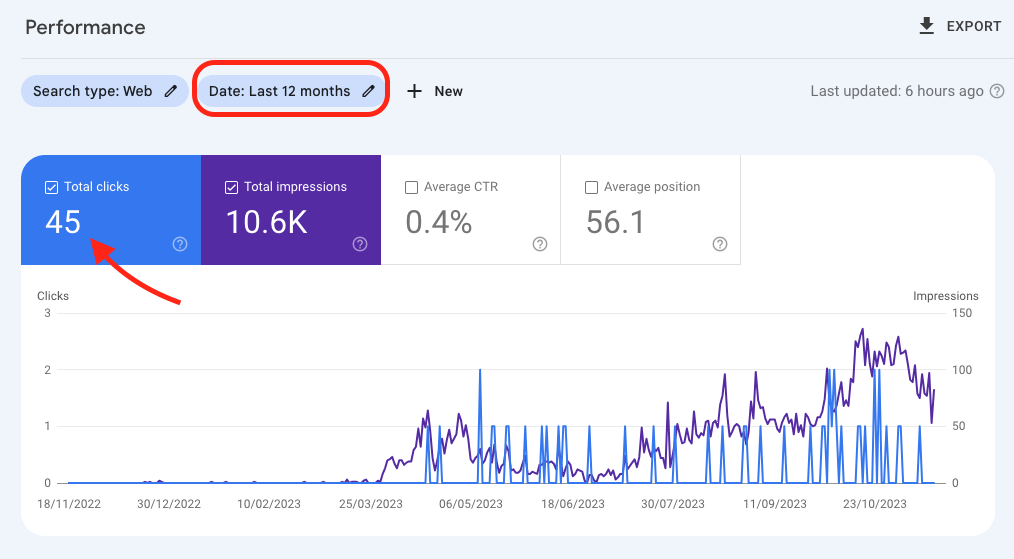
Search engines like Google don’t directly say domain age is a ranking factor—but it plays a supportive role in building trust, authority, and indexing speed. Older domains tend to have a history and backlinks built over time.
3.1 Search Engine Trust
Older domains are viewed as more trustworthy by search engines since they have been around longer. They appear stable and reliable—not like a spam site created yesterday.
3.2 Backlink History
A domain that has been active for years usually has more backlinks pointing to it. Backlinks are votes of confidence, and aged domains tend to have better backlink profiles simply because they’ve had more time to collect them.
3.3 Content Consistency
Search engines reward consistency. If your domain has been regularly publishing quality content for years, it builds SEO strength over time. This makes domain age a valuable SEO asset.
3.4 Indexing Stability
Older domains get indexed faster because search engines already recognize and trust them. New domains often experience a delay in getting fully indexed, which can slow down initial SEO progress.
4. How to Check Your Domain Age
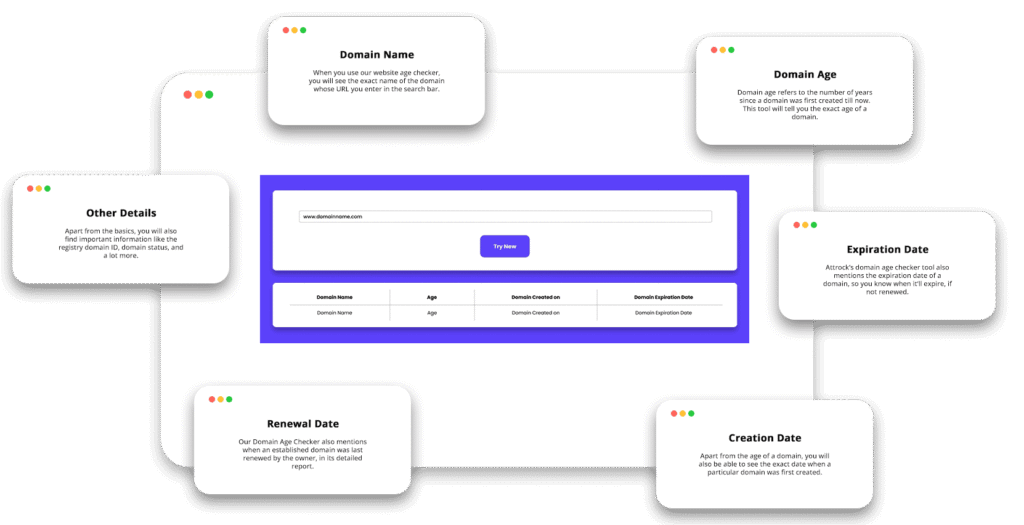
Want to know how old your domain is? Here are a few simple ways to check:
4.1 Using WHOIS Tools
WHOIS lookup tools show your domain registration date, expiry, and ownership details. Websites like whois.com or namecheap.com/whois can help.
4.2 Free Online Domain Age Checkers
Many SEO tools like Small SEO Tools, Prepostseo, and Ahrefs offer domain age checkers. Just enter your domain name and get instant results.
4.3 Google Search Techniques
Sometimes, you can search this format in Google:
site:yourdomain.com and filter results by date to get an idea of when Google first indexed your site.
5. Domain Age vs. Domain Authority
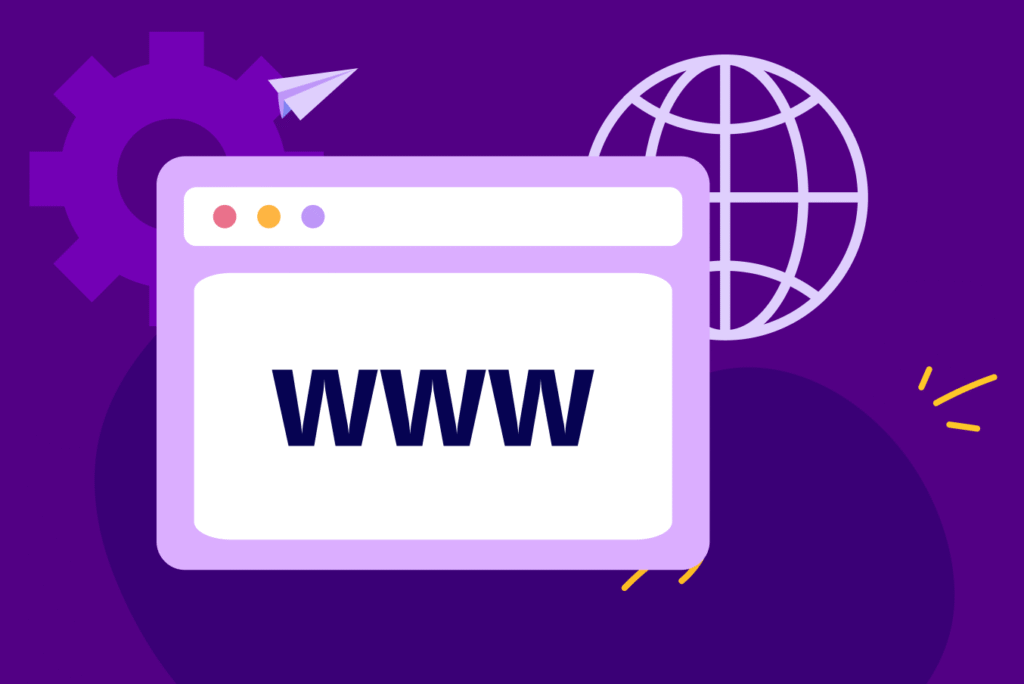
People often confuse website age with domain authority (DA), but they are different.
5.1 Key Differences
Domain Age = How long the domain has existed
Domain Authority = A score (by Moz or Ahrefs) that predicts how well a domain can rank
You can have an old domain with low authority or a new one with high authority.
5.2 Which One Affects SEO More?
Both matter—but domain authority has a stronger direct influence on SEO. However, domain age helps support it over time by showing consistency and history.
6. Do New Domains Still Have a Chance?
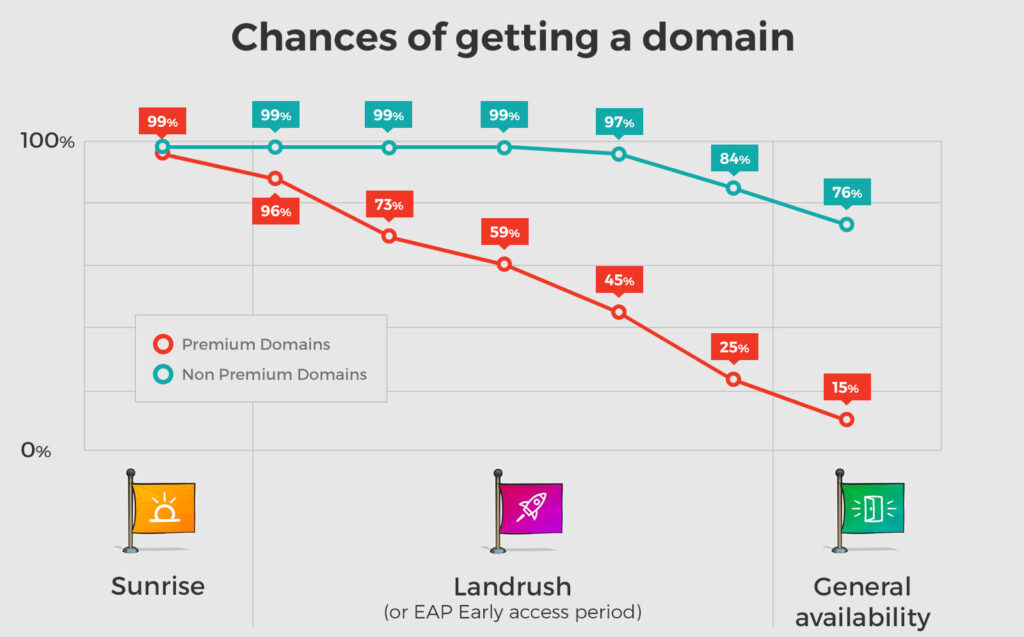
Absolutely. Even a new domain can rank high if you follow the right strategies.
6.1 Fast SEO Tips for New Domains
Create high-quality content regularly
Build backlinks from trusted websites
Use fast hosting and a mobile-friendly design
Optimize your on-page SEO (titles, keywords, meta tags)
6.2 How to Build Authority Early
Start guest posting, use social media, and get featured on high-authority websites. This builds your brand reputation and SEO strength—even if your domain is new.
7. Common Myths About Domain Age
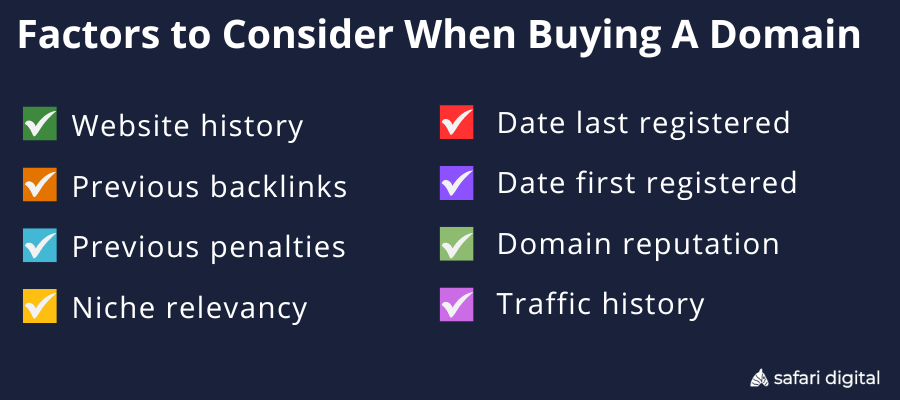
There are many misunderstandings about website age. Let’s clear them up.
7.1 Myth: Older Domains Always Rank Higher
False. Just being old doesn’t guarantee rankings. Google still looks at quality content, backlinks, and user experience.
7.2 Myth: New Domains Are Penalized
Also false. Google does not penalize new domains—they just take time to build trust.
8. How to Make the Most of an Aged Domain
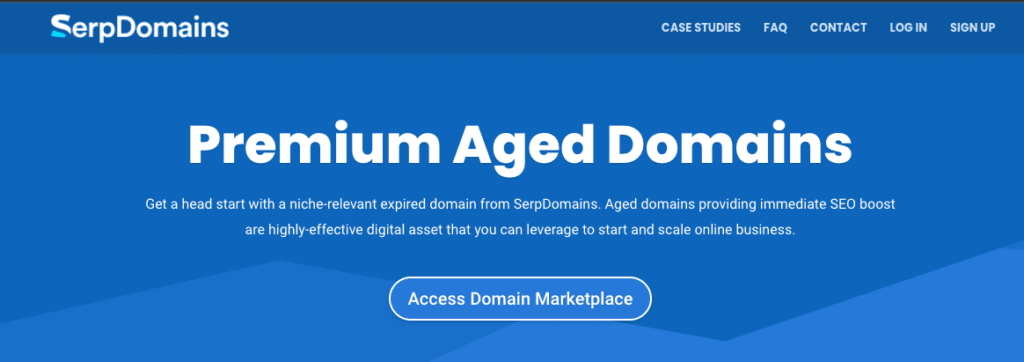
If you already have an old domain or plan to buy one, here’s how to maximize it.
8.1 Buying Expired Domains
You can buy expired domains that already have SEO value. Make sure to check their history first to avoid spammy or blacklisted domains.
8.2 Checking Domain History Before Purchase
Use tools like Wayback Machine, Archive.org, or Ahrefs to see what kind of content was hosted on the domain in the past.
8.3 Rebranding Old Domains
You can rebrand an aged domain by updating the content, design, and niche—without losing its SEO history.
9. Does Domain Age Affect Local SEO?
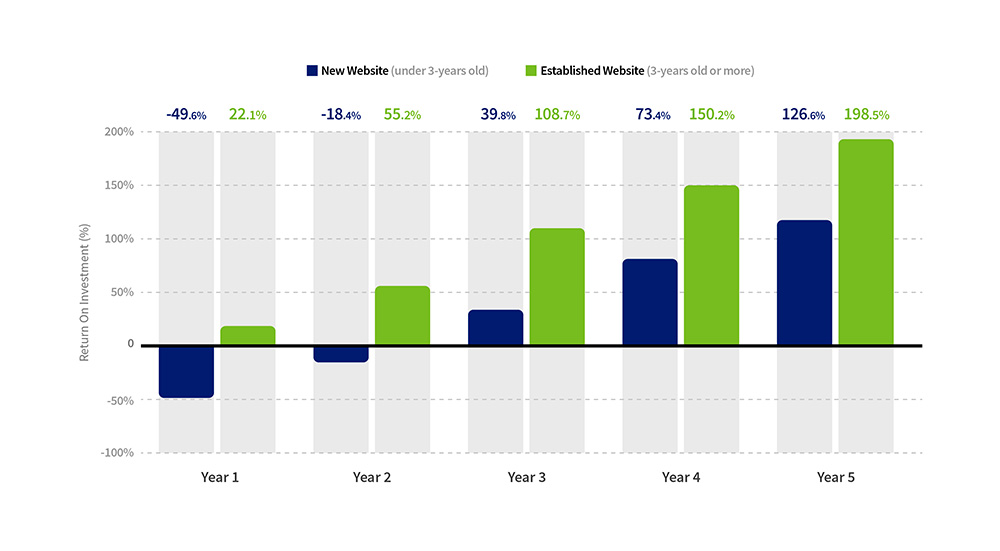
Yes, especially in local search results.
9.1 Local Ranking Signals
Older domains that have been listed in local directories, maps, and citations for years tend to perform better in local search.
9.2 Trust in Regional Searches
Local audiences and search engines often trust older businesses more—especially when backed by reviews, photos, and verified listings.
10. Final Thoughts: Is Domain Age Still Relevant in 2025?
Yes, site age still matters, but it’s just one part of the SEO puzzle. An old domain can help boost your trust and authority, but without quality content, good backlinks, and solid technical SEO—it won’t work magic. So whether your domain is 10 years old or just 10 days, focus on giving value, staying consistent, and optimizing smartly.
11. FAQs
1. How does domain age affect Google rankings?
A website’s longevity helps build trust over time, and Google rankings often favor websites with a longer history and consistent presence online.
2. Is a new domain bad for SEO?
A new domain isn’t bad, but without domain age, it may take longer to gain trust and visibility in Google search results.
3. Does Google check how long a domain has existed?
Yes, Google considers website age as one of many factors to measure authority, especially when combined with content and backlinks.
4. Can an old domain improve SEO performance?
An older age of the website can support stronger SEO performance by showing stability, past activity, and a record of valuable content.
5. Is domain age more important than quality content?
site age helps, but quality content and backlinks still have more impact on long-term Google rankings.
